There are countless stories of women in their 50s breaking a bone only to receive a surprise osteoporosis or osteopenia diagnosis. The importance of keeping your bones strong is equally relevant for men as it is for women, although studies show that women, lose 20% of their bone density in the first 5 to 7 years after menopause .
During your childhood, adolescence and early adulthood, our bones absorb all the minerals they need to stay strong and maintain density. But at 30 we reach peak bone density and from then on, things break down more than they build up. The thing is, weakening bones aren’t like wrinkles or greying hair – it’s an invisible consequence of ageing that often only surfaces when we least expect it. The question is, of course, is there something we can do to prevent or slow down this decline?
Yes. While you may not get is all back, you can certainly stop your bones losing density so fast.
Calcium, not smoking and limiting your alcohol consumption as well as taking bone density tests can go a long way to protecting your bones and keeping you strong and healthy. And, if you already have osteoporosis or osteopenia, you can slow it down significantly if you take action.
Here are five ways to keep your bones strong.
1. Weight-bearing and resistance training exercises
Just like muscles and tendons, your bones also respond well to exercise. Especially when it comes to weight-bearing and resistance training. A study published in the Journal of Bone and Mineral Research found that just 30 minutes of high-intensity resistance and impact training twice a week improved bone density, structure and strength in postmenopausal women who had low bone density (but no injuries). Think anything that puts weight on your bones – lifting weights, body weight exercises, resistance bands.
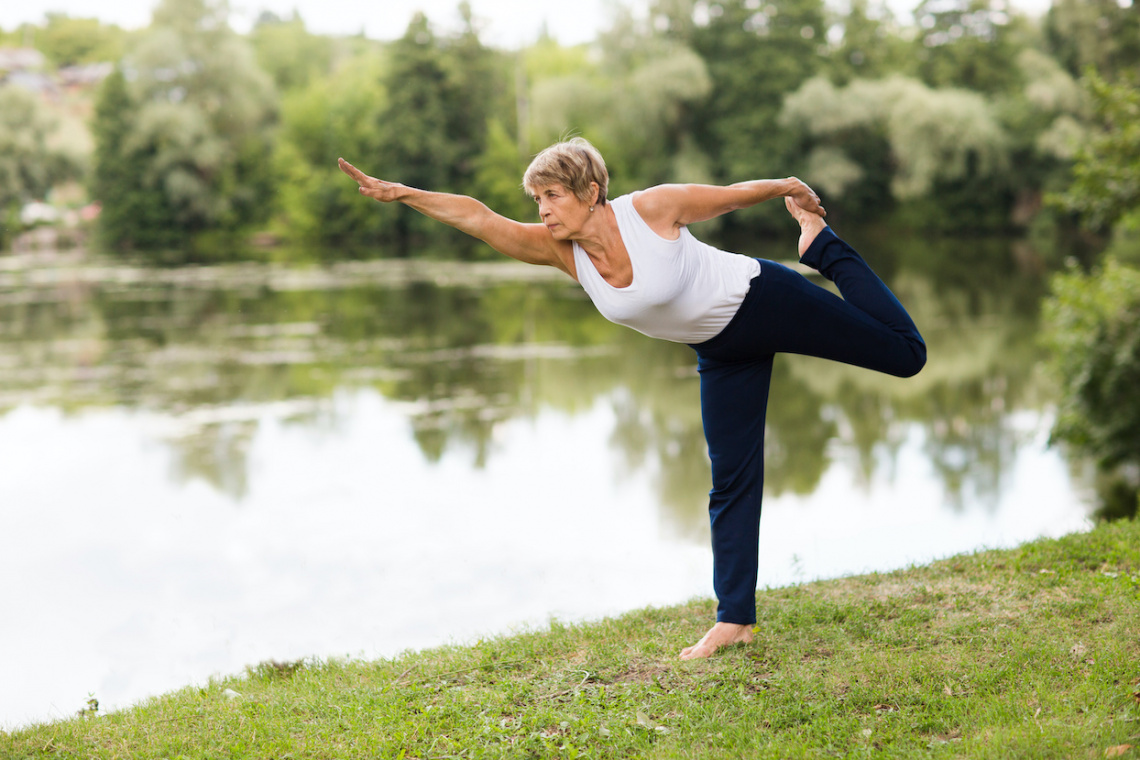
2. Work on your balance
In 2018, over 90% of more than 700 000 ER visits among older adults were caused by unintentional falls. Old people lose their balance though, right? Sure, but it’s not a prerequisite of getting older if you work on it. You can easily avoid broken bones by simply working on your balance! Balance starts from your toes and goes all the way to your head. Meaning that any activity that strengthens your ankles, keeps your hips aligned, strengthens your core and back muscles and improves your posture is good!
At this point you might be thinking you have to do 100 different exercises to keep your bones strong, but really you can do something as simple and effective as TheOptimal.me’s IMRs and you’ll be A for Away!
3. Load up on vitamin D and K
No good in drinking gallons of milk if it’s not actually helping, right? Vitamin D is key is helping your body absorb calcium which, as you know, is crucial for healthy bones. Studies show that children and adults who don’t get enough vitamin D, have a lower bone density as they age and are at a higher risk of bone loss. In fact, most people who live in the Northern hemisphere don’t get enough vitamin D. On the other hand, vitamin K activates proteins which are key for blood clotting, metabolising calcium and more.
Both vitamin D and K can be tricky to get enough of, so be sure to eat as much of the vitamin packed foods as you can (find the list here), but you could also consider a supplement. Consult your GP to evaluate whether you need to.
4. Avoid calorie-restrictive diets
In general, dropping your calorie intake too low isn’t good for you. It not only slows down your metabolism – which leads to rebound hunger and muscle mass loss – but it can also be bad for your bone health. Several studies have found that consuming less than 1 000 calories a day could lead to lower bone density. Combining low calorie intake with exercise can be particularly bad. To build muscle and bone, you need to ensure that you are consuming a well-balanced, healthy diet (more on that below). If you are overweight, speak to a nutritionist for a guided weight loss plan.
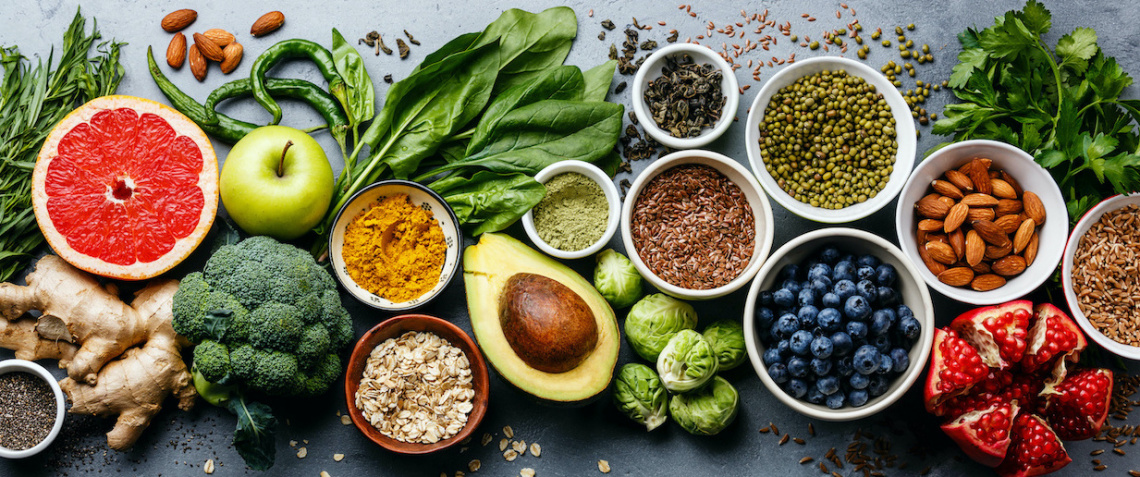
5. Eat the right foods
A diet rich in anti-inflammatory foods like green leafy vegetables, fruits, fish, nuts and seeds and whole grains is fantastic for us all, but postmenopausal women specifically. This is because these foods are rich in protein, calcium, as well as micronutrients vitamins K and D and magnesium which, as luck would have it, are all key to bone strength. It’s also critical to keep in mind that, after 50, women need to consume 1200mg of calcium every day. Think smoothies loaded with Greek yoghurt, banana, berries, and a splash of almond milk; fresh salmon with roasted tomatoes, spinach, and capers; or even our delicious lemon butter broccoli dish! Really, the options are endless. So, bon(e) appétit!
Broken bones and ER visit are the last thing on our bucket lists. We take our bones for granted and often don’t know that there’s a problem until it’s too late. Don’t wait, see your doctor for a bone density test and make the necessary changes!

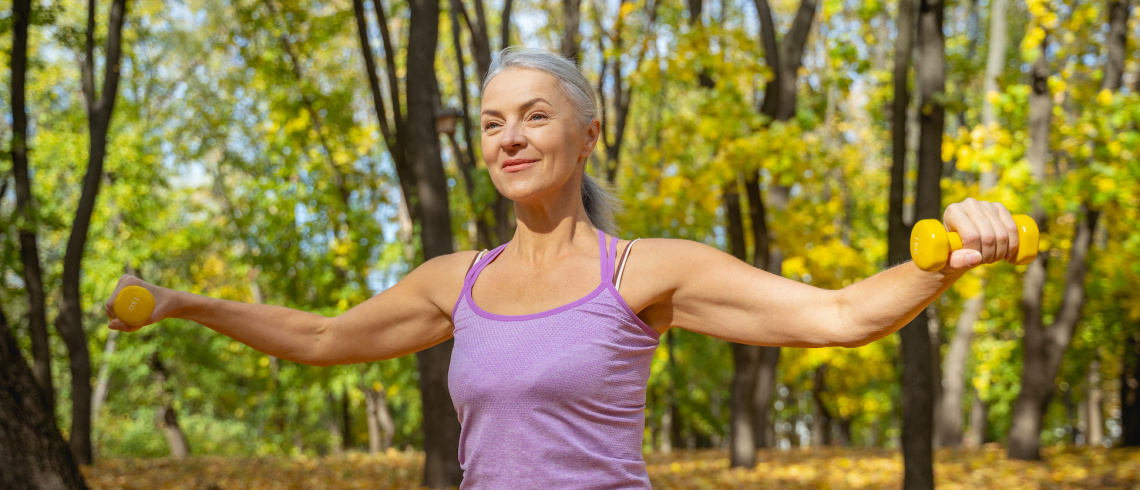
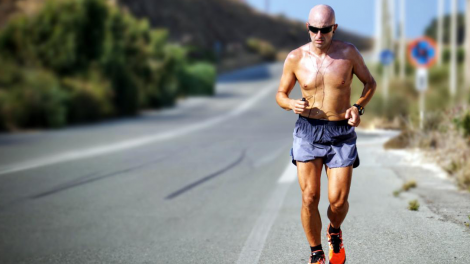

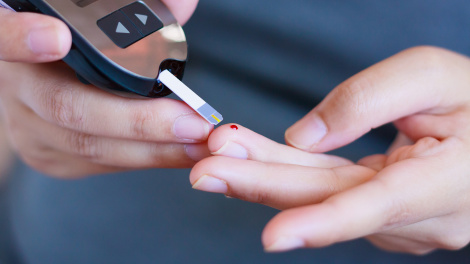
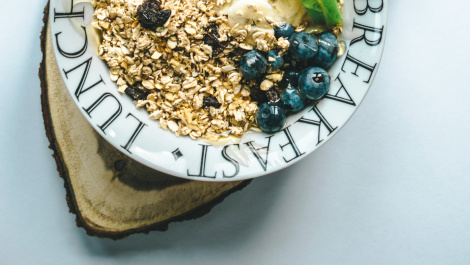
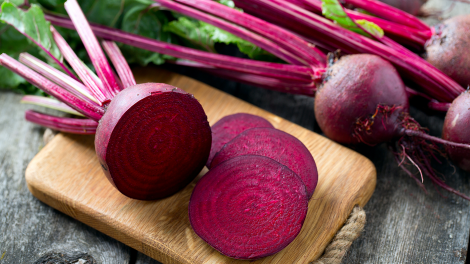
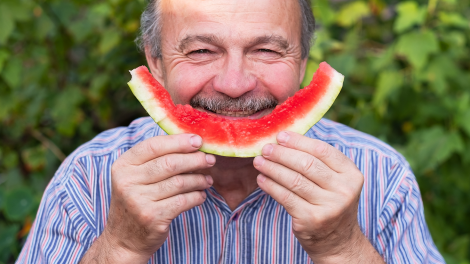
Comments